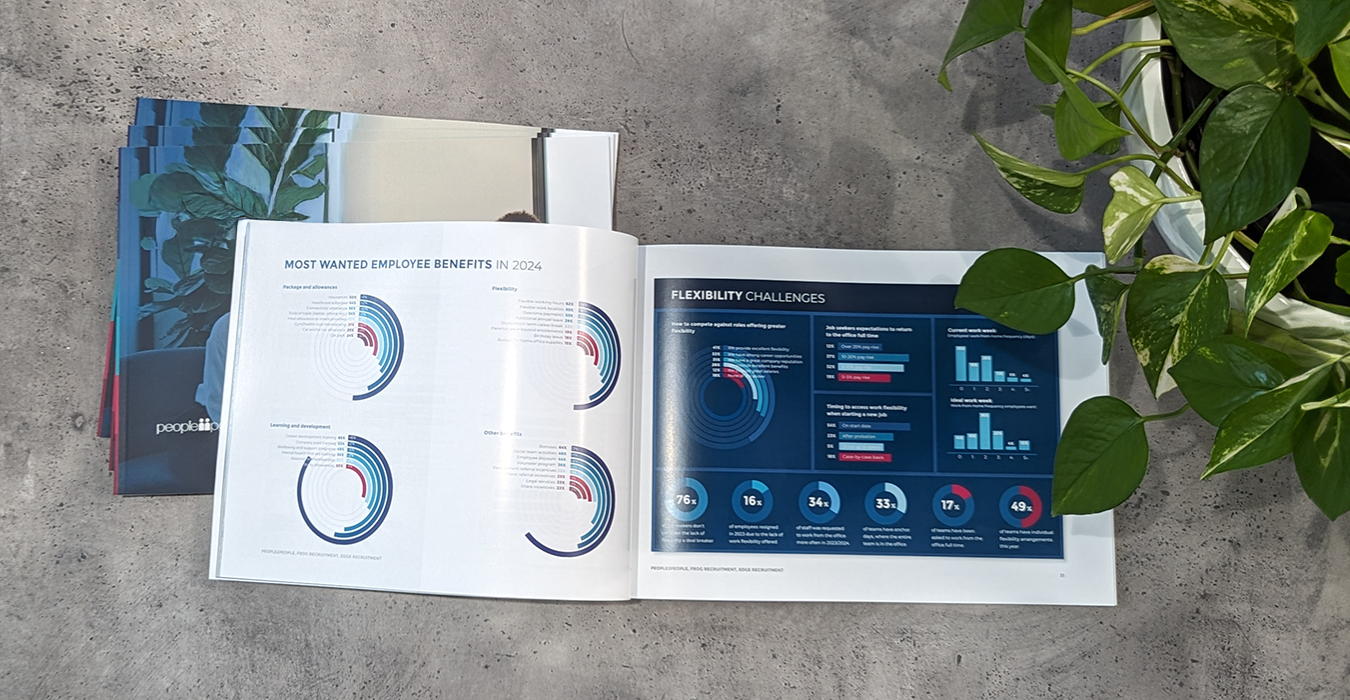Accounts Payable Officer - Hire or get hired
Your guide to the Accounts Payable Officer Role: Salary & hiring tips
Recruiting an Accounts Payable Officer or looking for your next Accounts Payable Officer job?
As a specialist recruitment agency in Accounting and Finance, we work with top Accounts Payable Officers and senior finance leaders across Australia, New Zealand, and the UK. Whether you're looking to hire a permanent Accounts Payable Officer or need a contract financial executive to guide your business through change, our recruitment consultants have the expertise and market insight to help.
We’ve placed dozens of senior finance professionals into roles across industries, from ASX-listed corporations to fast-growing SMEs. Our understanding of the talent landscape allows us to connect employers with finance professionals who not only meet technical requirements but align with leadership and cultural needs too.
Whether you're an employer seeking a skilled Accounts Payable Officer or a candidate ready for your next career move, we can help.
Submit your resume or request top talent today – our expert Accounting and Finance recruiters are ready to assist.
of teams plan to maintain their team onshore in 2025
of teams offer ongoing training programmes, along with certifications and online courses
of accounting professionals describe their teams as under-resourced
How to hire an Accounts Payable Officer:
Our recruitment process
Step 1: Initial Consultation and Role Briefing
Our process begins with a detailed consultation. We meet with you to understand the role, required skills, experience level, and cultural fit. This ensures the search is tailored to your business needs.
Step 2: Candidate Sourcing and Advertising
Once the brief is clear, we promote your vacancy across job boards, LinkedIn, our AI tools, and internal database. Our recruiters also headhunt passive candidates, ensuring you reach both active job seekers and hidden talent.
Step 3: Screening and Shortlisting
We review applications, conduct phone or video interviews, verify qualifications, and check references. Only the top candidates are shortlisted, saving you time and ensuring you meet the most suitable professionals.
Step 4: Interviews and Employer Selection
Shortlisted candidates are presented to you for interview. We manage scheduling, prepare candidates, and provide you with market insights to help evaluate and compare applicants effectively.
Step 5: Offer Negotiation and Onboarding Support
After you choose your preferred candidate, we assist with salary negotiations, and manage counter-offers. We also follow up after placement to ensure long-term success.

Our latest jobs
Accounting and Finance Market Update
Qualified accountants remained the hardest to hire in 2024, with 40% of businesses citing them as the most difficult to fill, followed by transactional finance (17%) and payroll roles (14%). In-demand roles such as finance managers, systems accountants, and specialists in data analytics and sustainability reporting indicate a shift in workforce priorities.
To remain competitive in 2025, 75% of organisations will focus on automation and system improvements, with additional emphasis on upskilling (45%), cash flow management (37%), and compliance (33%). Many businesses are investing in professional development, including certifications, workshops, and AI skill training, to enhance their teams and adapt to new technologies.
86% of businesses preferred maintaining in-house teams for better communication, control, and compliance, and while many employers relied on internal hiring teams, 54% sought external recruitment support within a month, highlighting the ongoing value of recruitment agencies in securing top talent.



